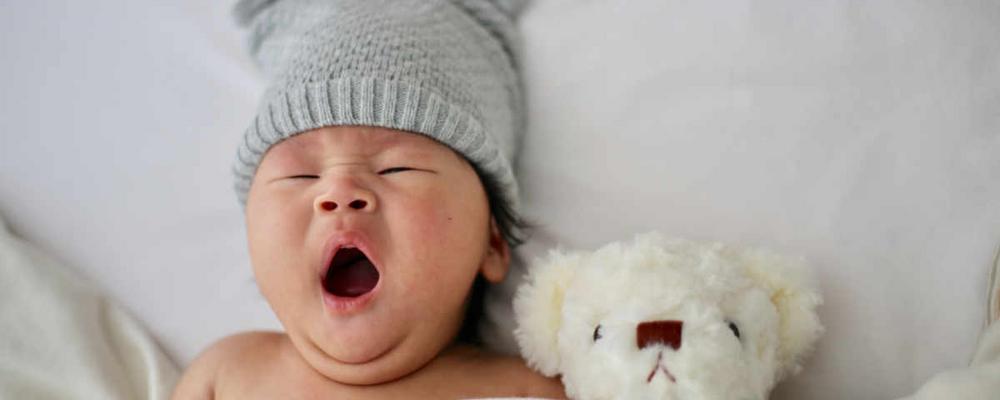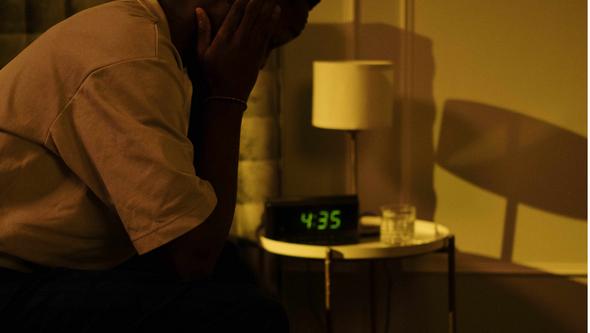
Please, put sleep on the agenda!
Maj-Britt Posserud's extremely compelling case for prioritising sleep.
[Posted on 27 October, 2021, by Maj-Britt Posserud]
Sleep and mental health are intricately and reciprocally interlinked, at the genetic, physiological and behavioural level. Sleep is an essential part of life. The Nobel prize in physiology in 2017 was for the discovery of clock genes, and that even flies, and tree cells have a diurnal rhythm. Sleep deprivation has been used both as a treatment method in improving depression (short term) as well as an efficient torturing method, to break down resistance. Even though humans can survive on minimal sleep, we know that lack of sleep is detrimental to both physical and mental health. Lack of sleep is a risk factor for overweight, high blood pressure and diabetes. Sleep is crucial for learning and memory, for immunological function and for homeostasis in general. When it comes to mental health, disordered sleep is an almost universal problem. At the societal level, modern lifestyle has had a negative impact on sleep duration, with decreased total sleep time over the last decades, due to artificial light, modern electronic devices and a 24/7 access to everything you could need. It is suspected that the decline in total sleep time could be an important causal factor contributing to the increase in metabolic diseases and mental health problems seen in modern societies.

The link between neurodevelopmental problems and sleep is even more evident. A problematic sleep pattern is a core ESSENCE problem and is often one of the earliest symptoms of ESSENCE, leading parents to seek health care for their infant. ADHD has been associated to almost every kind of sleep disorder there is. Severe insomnia is a regular feature in ASD and has been shown to increase behavioural problems, learning problems and further deteriorate daily functioning in ASD. Not to mention the vicious cycle imposed on the entire family, with disturbed sleep in parents and siblings, increased stress and poorer physical and mental health in parents. Many parents are desperate to get help, trying to follow all the well-meant advice that are given to them by doctors, nurses, grand-parents, friends, neighbours, and internet. Often to no avail. I have often wondered why this is the case. ASD is a very heterogeneous disorder, yet the insomnia is curiously often present, and often to an astounding degree. What is the link between ASD and insomnia?

There are many links between ASD and insomnia, but I would like to highlight the behavioural link. Children with ASD do not follow other people to the same extent and they seem less inclined and able to imitate. In addition to being a very biological phenomenon, going to sleep is also part of a social rhythm. We eat, work, play and sleep in a shared rhythm. Think about how highly contagious yawning and sleepiness is! Most people will also stay awake through the night if the party is fun. Individuals with ASD are less part of the social diurnal rhythm.
Considering the central role of sleep in our lives, our health and functioning, one would think that targeting sleep challenges and insomnia should be an intrinsic part of health care. But sleep is often completely overlooked (nobody asked) or rather negligently dealt with. As a society, we have down prioritised sleep. We don’t have time for it! Restful sleep is dependent on and interacts with almost every aspect of life. It is hard to name something that does not in any way affect sleep. Social interaction, eating, nutrition, metabolism, exercise, mental state, external stimuli such as light and sounds, bodily functions such as digestion, homeostasis, and infections. No wonder sleep is easily disturbed, and both challenging and difficult to improve.
There are some good general tips. Setting aside time is an important start. We therefore need to help children with ASD establish their own sleep routine. In addition to sleep hygiene with regular bed hours, shielding ourselves from light in the evening (particularly the blue light from screens, and a cool, silent bedroom) cognitive behavioral therapy for relaxation and sleep has been found to be most effective for improving sleep in the long term. For children and adults with neurodevelopmental disorders and insomnia/disturbed diurnal rhythm, melatonin treatment can also be helpful.

The time for restful sleep should be there - for all of us. Sleeping better has enormous potential for improving a child's, a family's, a person's functioning and life quite dramatically. Regular and restful sleep is bliss and a luxury we should all try to indulge in, to the best of our health and quality of life, but it often comes last on the long list of priorities in the hectic modern life. We must all get better at acknowledging that sleep is crucial and prioritise its place in our own lives, our families, and our patients. So, put sleep on the agenda!
[This is a blog. The purpose of the blog is to provide information and raise awareness concerning important issues. All views and opinions expressed are those of the writer and not necessarily shared by the GNC.]